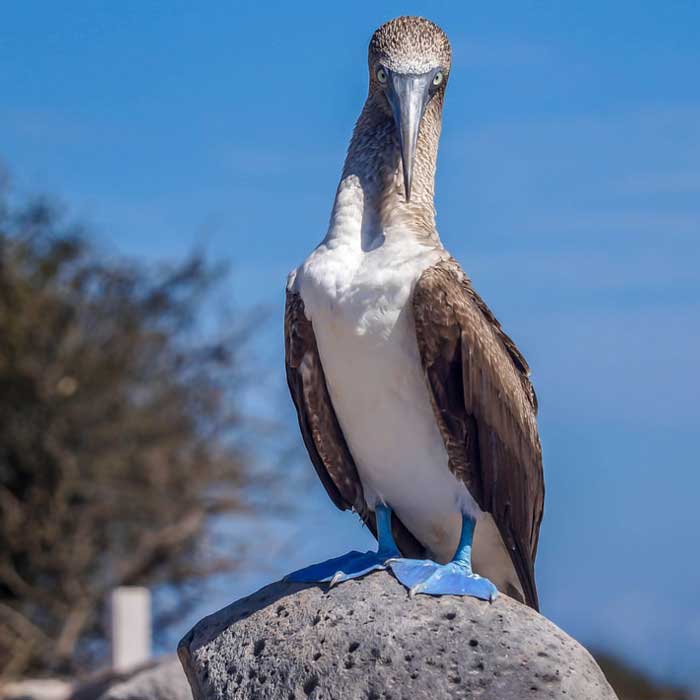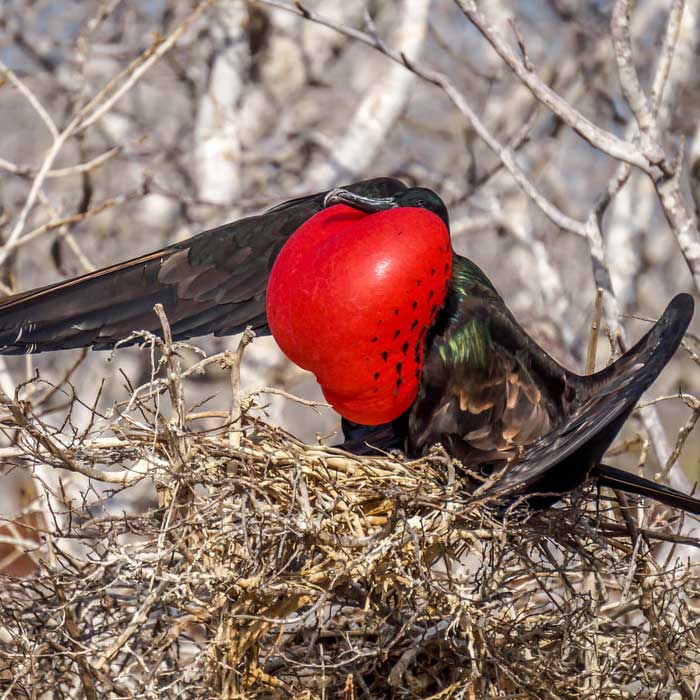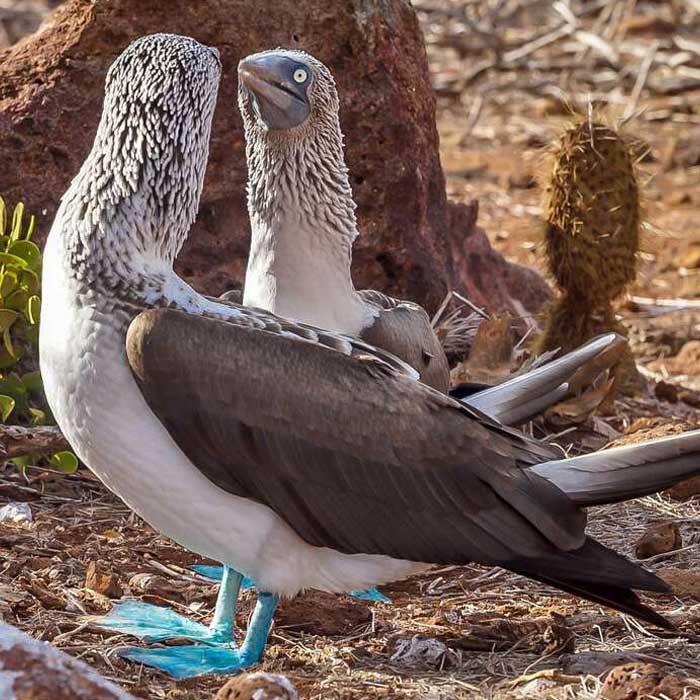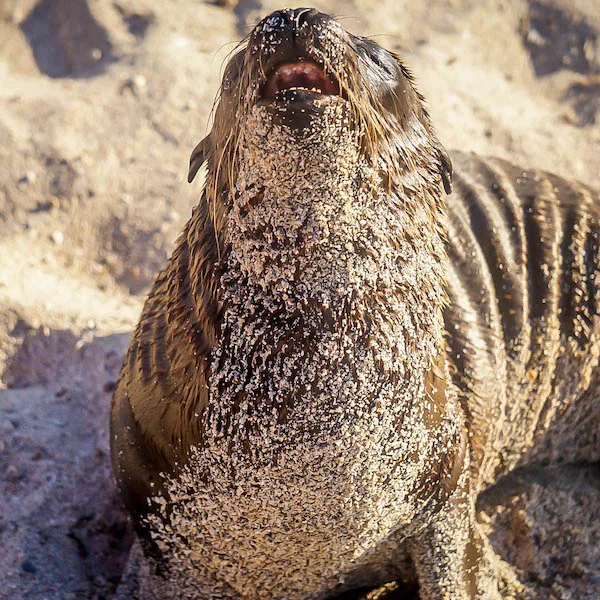Environmental science: Galapagos
Overview
Expand your students’ understanding of fascinating ecosystems and native wildlife as they experience first-hand the importance of protecting the natural world.
Led by expert environmental scientists and biologists, students will take part in vital conservation activities, aiming to protect some of the world’s most spectacular wild animal species and unique environments.
On our trip to the iconic Galapagos, students will get involved in tortoise restoration and reforestation projects, conduct an investigation into micro-plastic pollution, and learn what happens at the Charles Darwin Research Station.
Sustainable Development Goals (SDGs) Impacted

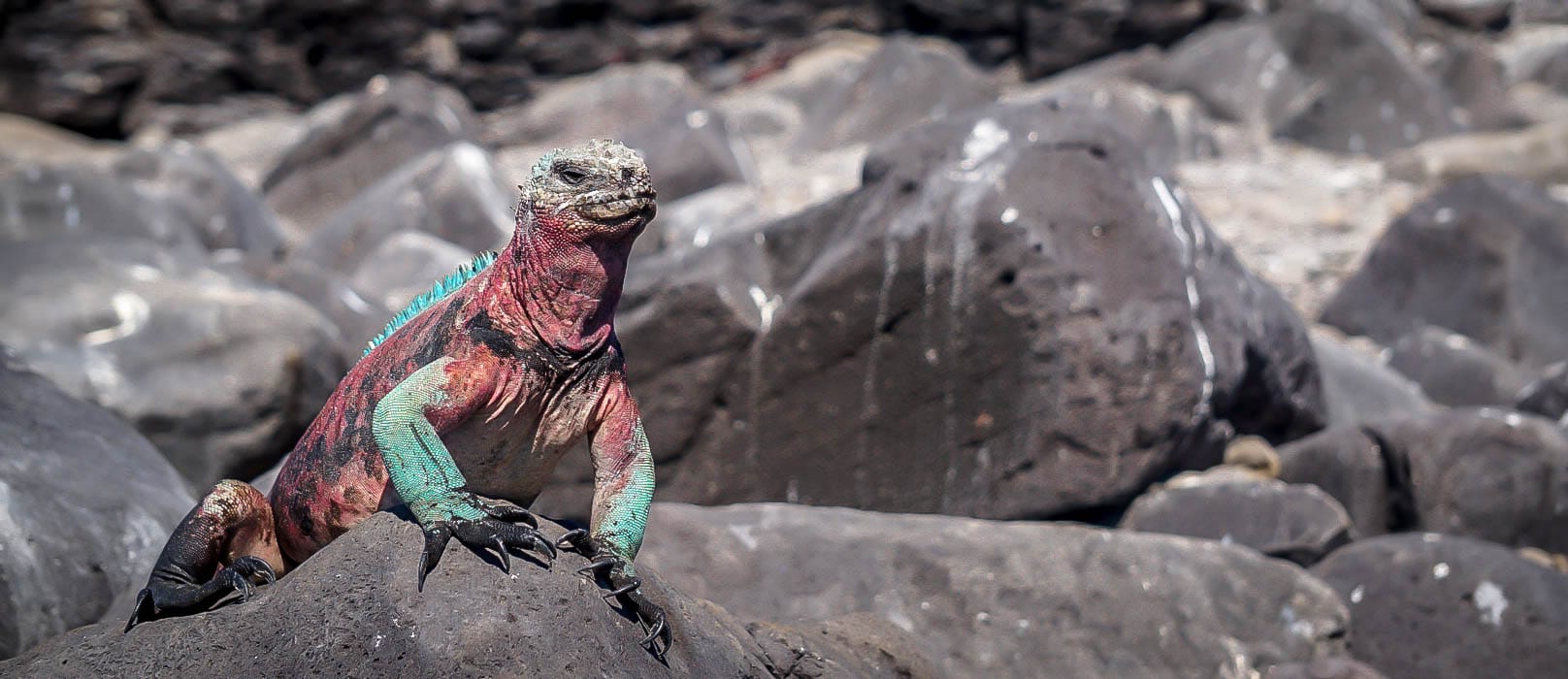
Your experiences
Example Itinerary
Day 1: Arrivals (Quito)
Day 2: San Cristobal island (Galapagos)
Day 3: Giant tortoise protection program (San Cristobal)
Day 4: Reforesting a fragile ecosystem (San Cristobal)
Day 5: Eradicating invasive species (San Cristobal)
Day 6: Snorkelling with sea turtles and sea lions (San Cristobal)
Day 7: Explore a new island! (Santa Cruz)
Day 8: Charles Darwin Research Station (Santa Cruz)
Day 9: Recycling program & kayaking (Santa Cruz)
Day 10: Departures (Santa Cruz)
Essential information
Fully Customizable
Remember we customize every itinerary to your curriculum. If you have a specifc academic focus in mind, allow us to tailor a trip for you.




